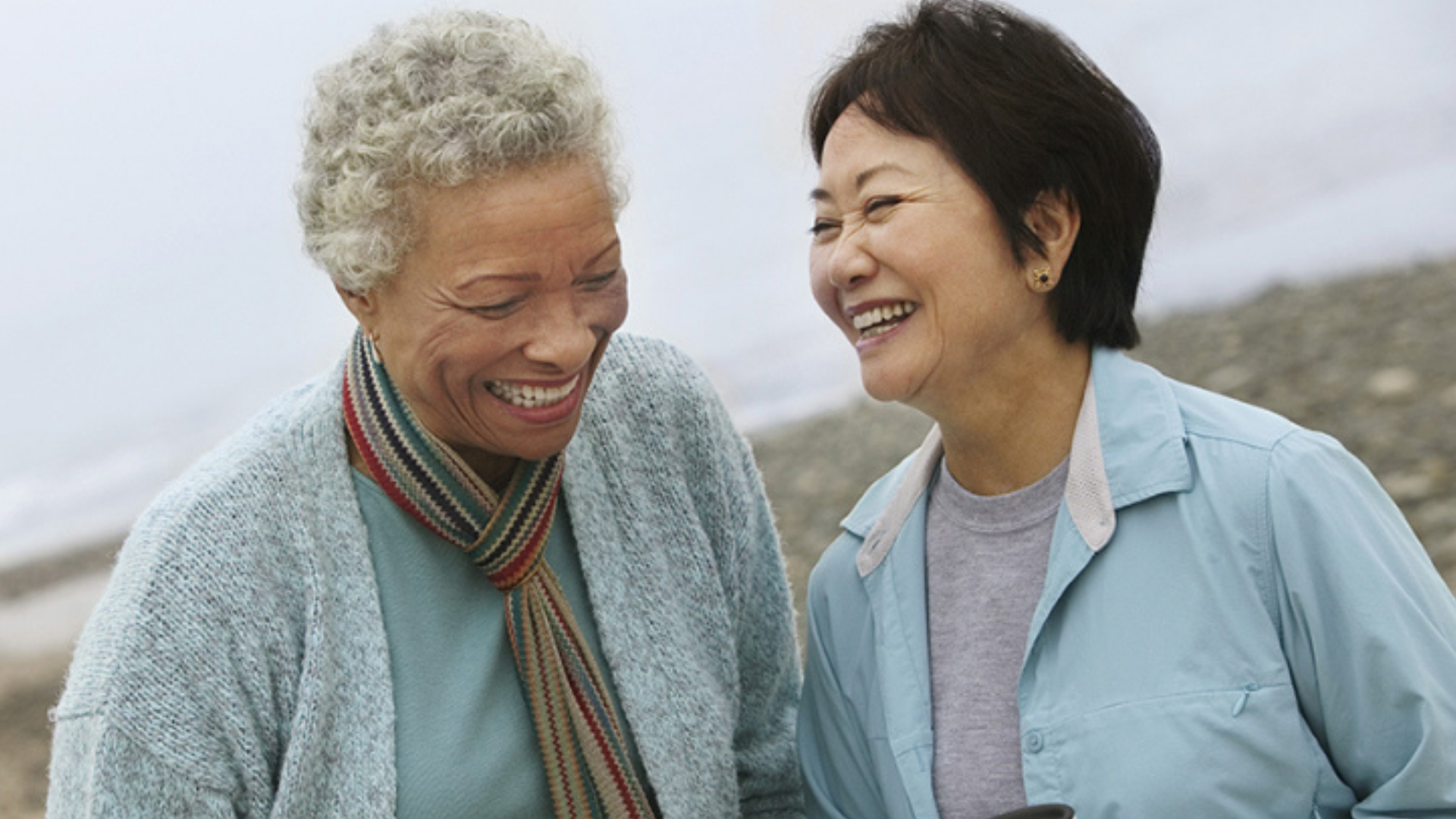While getting older may be unavoidable, there are still many things we can do to ensure the healthiest possible journey into our golden years. Read on for some important advice women should take.
Screenings: Early Detection Saves Lives
It's true. Certain cancers are more easily cured, even prevented, when found early. Other conditions or risk factors are more easily managed when we get them under control sooner rather than later. These are important screenings to undergo:
- Pap test for cervical cancer
- Mammogram for breast cancer
- Colonoscopy for colorectal cancer
- Cholesterol, diabetes, blood pressure
Immunizations: A Real Shot in the Arm
As we get older, our immune system isn't as strong as it used to be, so we're not only more susceptible to certain diseases but also at higher risk of serious complications. It's important to keep up-to-date on certain vaccines, including:
- An annual influenza (flu) shot
- Pneumonia vaccine once you turn 65 (or earlier if you have conditions such as asthma or COPD)
- Shingles vaccine starting at age 50
- Tetanus shot every 10 years
Quit Smoking: It's Never too Late
This is one of the best things you can do for your body and brain at any age. The health benefits start as soon as you quit.
Eat a Healthy Diet
The simplest strategy for
healthy eating? Fill half your plate with vegetables, one quarter with protein (plant- or animal-based), and one quarter with carbohydrates like whole grains. It's an easy way to make sure you get the right amount of nutrients at every meal.
Bottom line: Eat in moderation from all major food groups, and don't deprive yourself of pleasurable foods altogether. A treat of dark chocolate or red meat once or twice a month is okay.
Exercise: Keep Moving
If you have no physical limitations, aim for at least 150 minutes of moderate aerobic activity every week. Strength and balance training are important especially as we age.
Monitor and Control Your Blood Pressure
Blood pressure tends to rise as we age. High blood pressure is a serious risk factor for stroke, heart attack, heart failure, dementia, kidney problems, eye damage and even sexual dysfunction in women.
While diet and exercise play a key role in blood pressure control, sometimes they're not enough to get your numbers where they need to be, and your doctor will prescribe medication. Take it as directed, and monitor your blood pressure closely.
Stress Management: Learn to Chill Out
Over time, unchecked
stress can contribute to high blood pressure, heart disease, obesity and diabetes. Regular exercise, meditation, yoga, and tai chi, all are great ways to relax and unwind, and help keep yourself healthy and happy.
Weight Management: Lighten Up
Many factors lead to weight gain as we age, including menopause, loss of muscle mass and a sedentary lifestyle. A healthy diet and more physical activity are the keys to achieving and maintaining a healthy weight. If your weight is causing other health problems (like diabetes), talk to your doctor about getting help.
Mental Health: It's Not All in Your Head
Anxiety and depression are among the most common mental health problems in older adults. If you're losing interest in once-loved activities, feel isolated or "down," please talk to a friend or, better yet, your doctor. Help is available.
One Last Note
It's always possible to take that first step toward a healthier lifestyle. Even if you have a family history of certain health issues, your genes aren't necessarily your destiny. Adopting healthy habits can do wonders to help ensure your golden years are, indeed, platinum.
Guest Blogger: Neety Patel, MD, Family Medicine.


